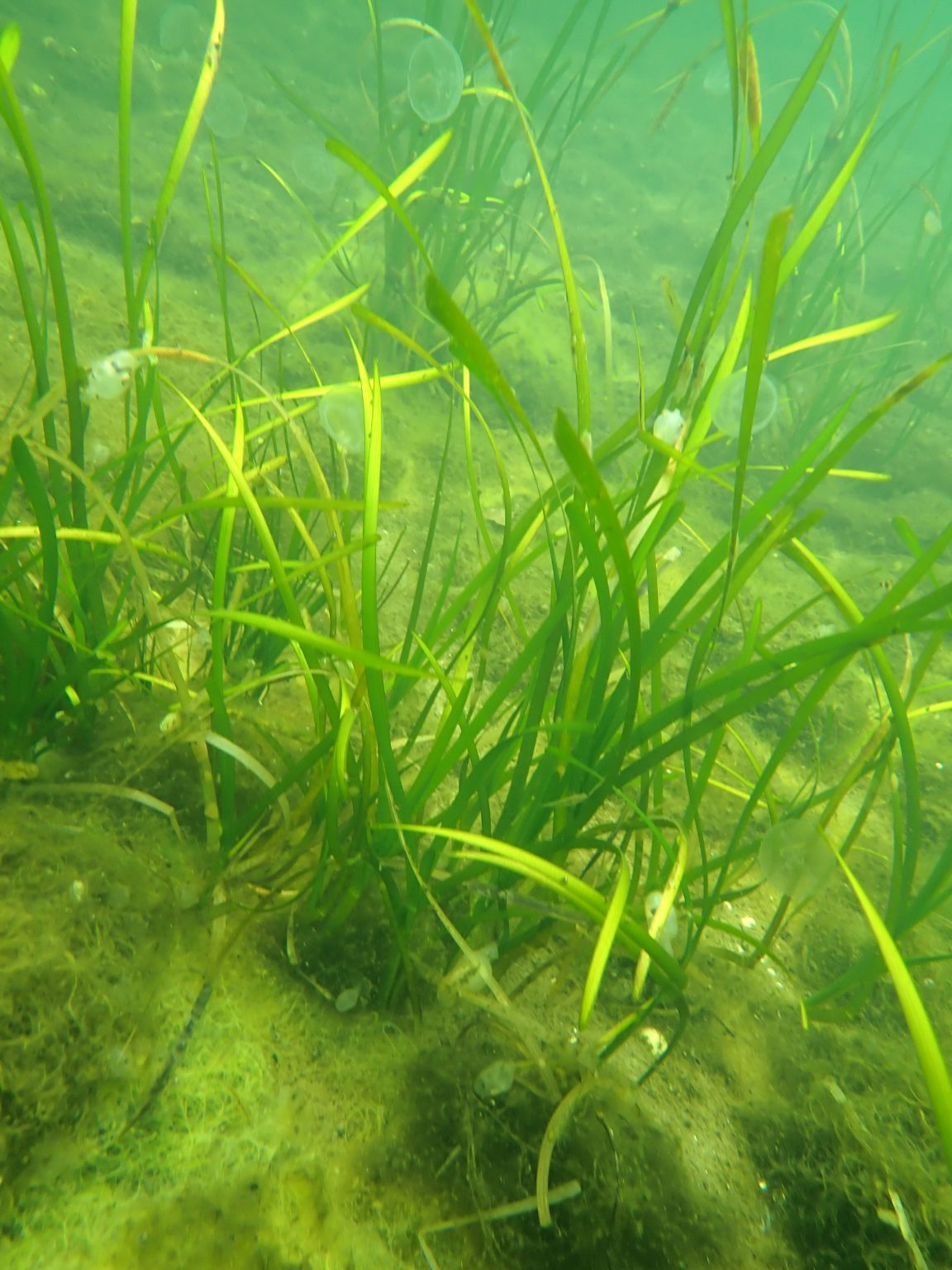The LIFE-TRANSFER project aims to trigger the process of recolonization of aquatic phanerogams in selected Mediterranea lagoons through the transplanting of small sods and rhizomes of Zostera marina, Zostera noltei, Ruppia cirrhosa and Cymodocea nodosa. In each lagoon, the species previously present will be transplanted, to promote the natural propagation capacity through seed production and dispersion.
The intervention technique provides transplantation exclusively by hand with a reduced amount of material from donor sites, with advantages in terms of environmental impact, costs and of application on a larger scale.
Furthermore seagrass meadows represent nursery for fish and feeding for birds, increase the stability of the tidal flats and sequester large amounts of CO2.
Recent regulations (2000/60/EC and National Acts) have limited disturbance reducing eutrophication in the lagoons considered in LIFE-TRANSFER. However, if the seed bank is absent, or hydrodynamic circulation is limited, residual meadows are unable to “naturally” re-colonize.
The proposal is the application of the results of LIFE SeResto (LIFE12 NAT/IT/000331) through the transplantation of submerged phanerogams at the Mediterranean level. Submerged phanerogams are recognized as priority for the conservation of coastal lagoons, and represent one of the most striking examples of organisms that deeply modify the biotope to be called “ecosystem engineers”.

